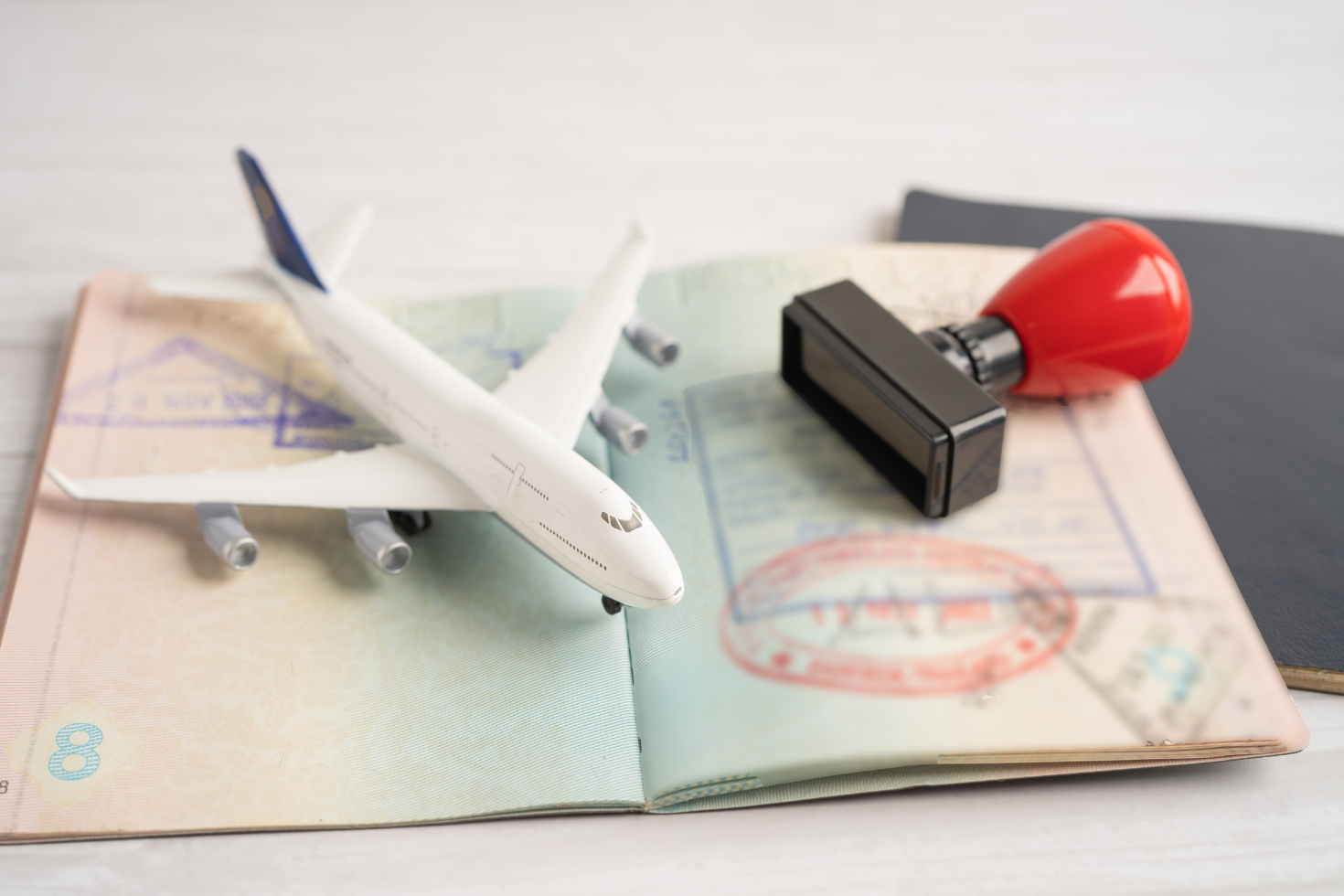What’s on Your Phone or Laptop Could Get You Detained
Sean Hornbeck
Thursday, May 15, 2025
When entering the United States, or any country, border agents may inspect cell phones and other electronic devices as part of customs procedures. Several factors related to a phone could raise issues:
1. Suspicious or Illegal Content
- Explicit Material: Any illegal or questionable explicit content could lead to detention or legal consequences.
- Copyrighted Material: Unauthorized downloads of music, videos, or software may raise concerns.
- Prohibited Images or Files: Violent or “extremist content,” or content related to banned organizations, could trigger scrutiny.
2. Social Media Activity
- Posts or messages indicating unlawful activities, derogatory comments, or connections to flagged individuals or organizations may raise red flags.
- Border officials may check public posts or request access to private social media accounts.
3. Inconsistent Information
- If phone data contradicts information provided during entry, such as travel purpose, it may lead to further questioning.
- Example: Travel itineraries or messages indicating work without a proper visa.
- Example: Travel itineraries or messages indicating work without a proper visa.
4. Incriminating Communication
- Texts, emails, or chat logs discussing activities that violate U.S. laws (e.g., drug use, overstaying visas) could cause issues.
5. Unauthorized Software
- Hacking tools, pirated apps, or other questionable software may prompt an investigation.
6. Lack of Privacy Settings
- If sensitive personal or business information is not adequately protected, it could inadvertently invite more extensive searches.
7. Refusal to Unlock Device
- While travelers are not always legally required to unlock devices, refusal can lead to detainment, denial of entry, or confiscation of the device.
8. Forgotten Apps or Content
- Apps or stored media that haven't been used in a while but remain on the phone may still raise questions (e.g., travel-related apps from countries on U.S. watchlists).
9. Legal but Culturally Sensitive Content
- Content that is acceptable in the traveler’s home country but culturally or legally sensitive in the U.S. (e.g., certain religious materials or political commentary).
Best Practices for Travelers
- Review Content: Delete unnecessary or questionable files, apps, and messages before traveling.
- Backup Data: Store essential information on a secure cloud service or external device.
- Use Minimal Devices: Consider traveling with a clean or secondary device that contains only essential travel-related information.
- Be Prepared to Explain: Be ready to provide context for any apps, documents, or media on the phone if asked.
Familiarize Yourself with U.S. Entry Policies: Know your rights and what border agents may ask for during the inspection.


About the Author
Sean Hornbeck
With over 20 years working in travel and tourism in various capacities, Sean travels the globe constantly looking for unique once in a lifetime experiences and experiences that remind us of the joy of life.
Join Sean in his travels as he shares insightful tales and connects with diverse communities worldwide.
Don't Miss Out On Your Next Dream Vacation!
Stay up to date with the latest travel information and exclusive cruise packages by signing up to our free newsletter below: